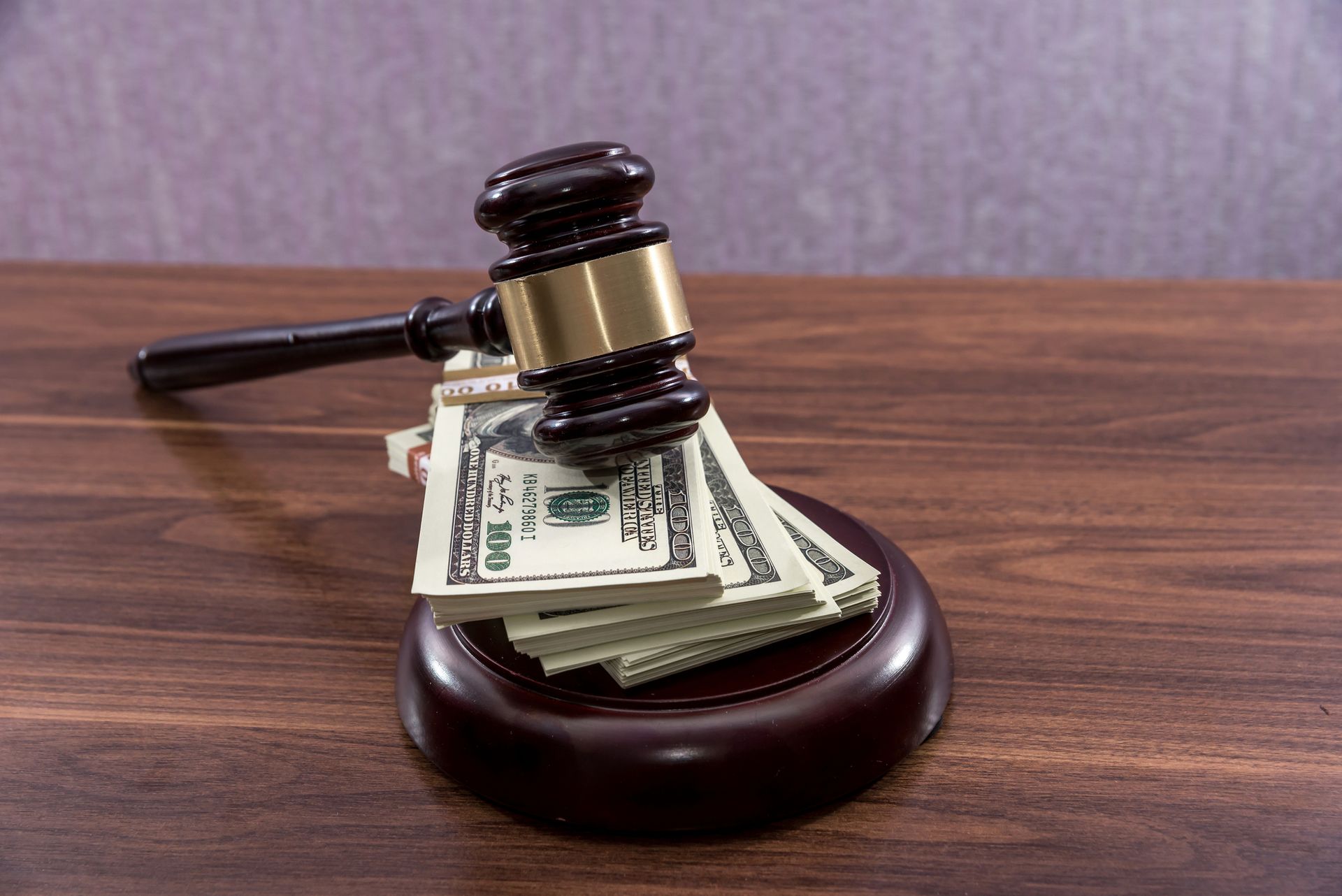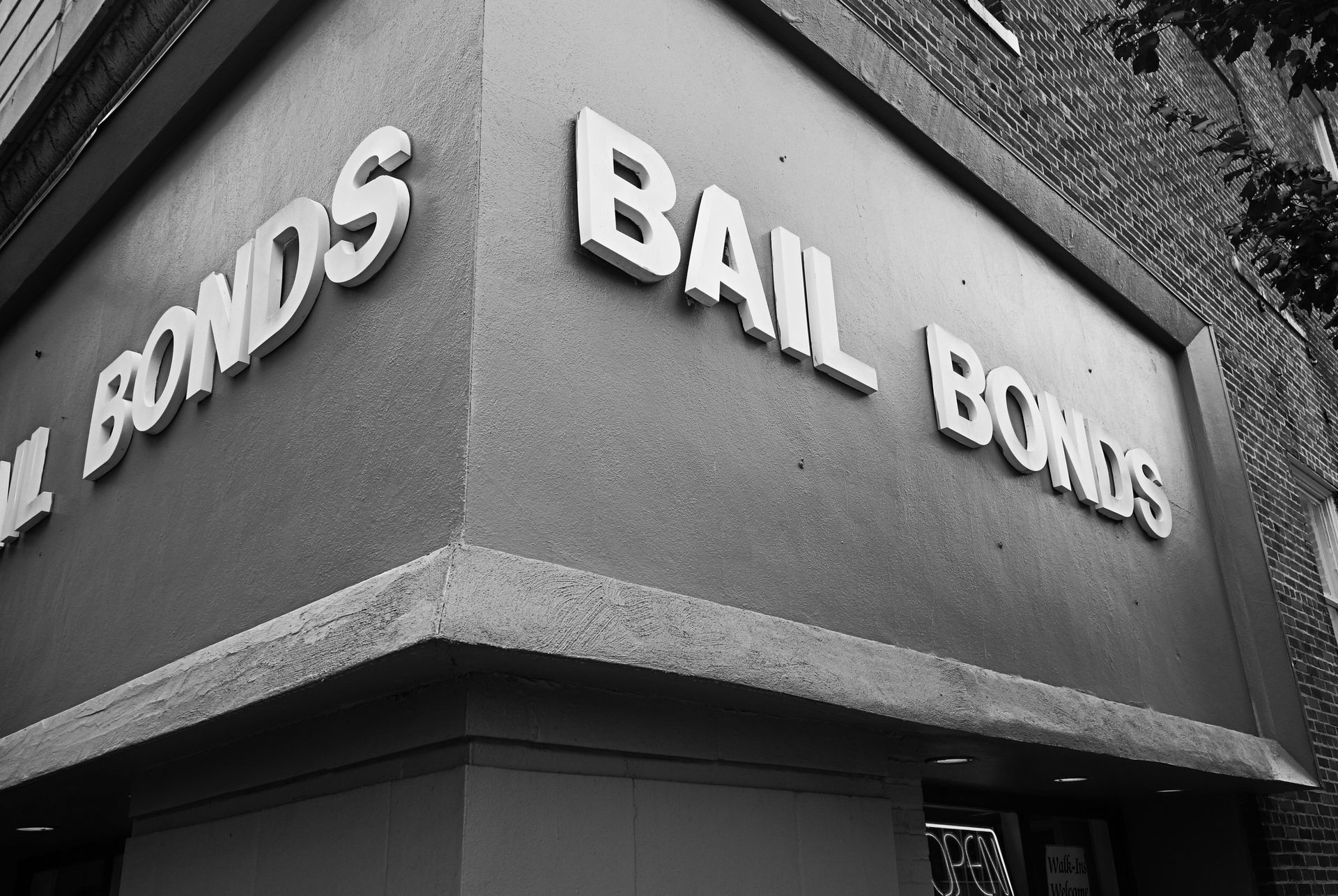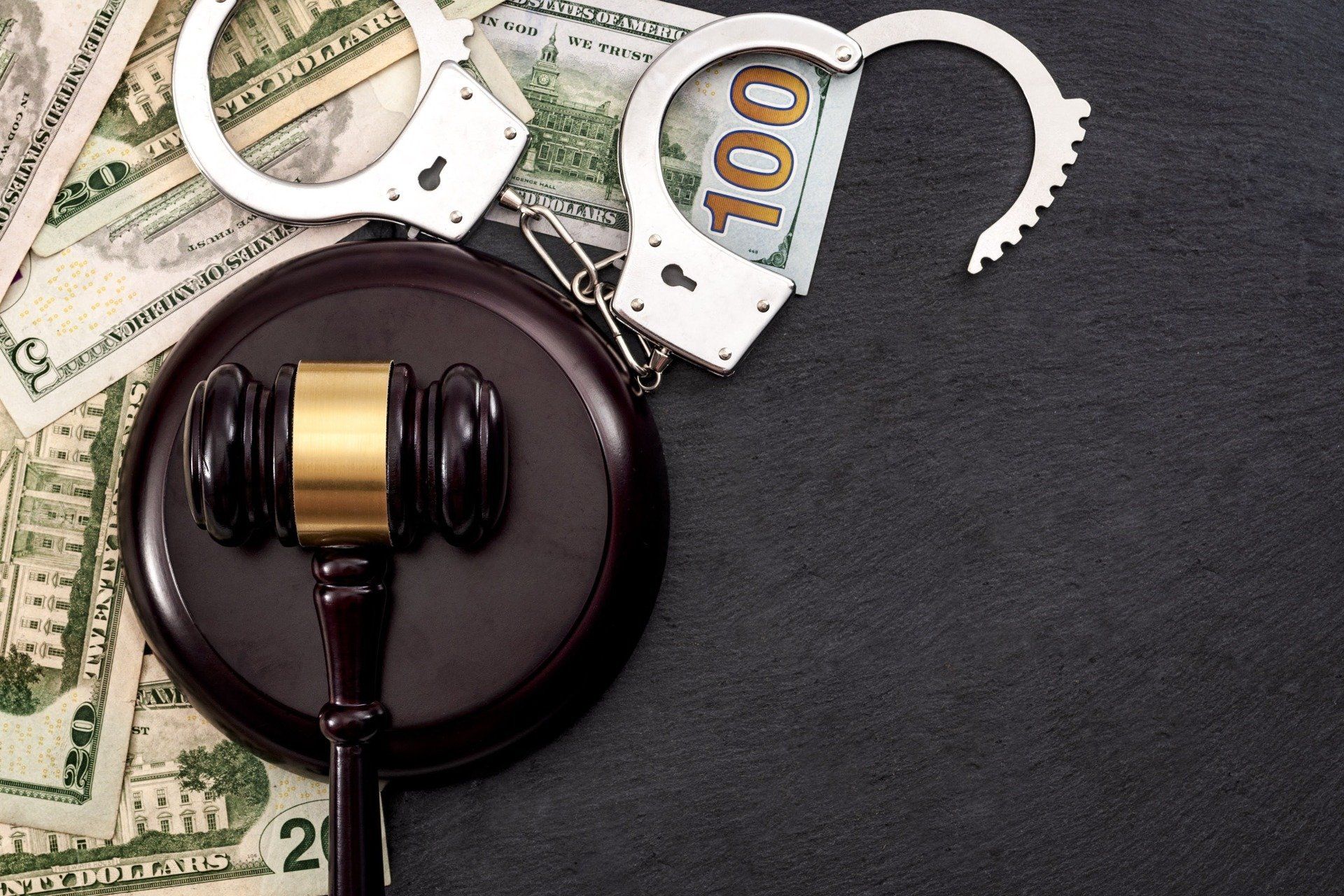Should You Agree to Cosign a Bail Bond?
If your friend, partner, or family member gets in trouble, the first thought is always how to help them out of their predicament. It's a noble idea, but if it involves jail, there's often some hesitation. Your friend or family member needs you to bail them out. You can put up the money or use a bail bonds company.
If you choose the latter, you'll need to cosign for the bail bond. But before you do, consider the following questions.
Who's the Defendant?
The defendant could be your friend, family member, or colleague. You may recognize the defendant, but how well do you know them? Remember, you're putting a lot on the line for this individual, and having reliable background information about them is important.
Are you certain the defendant will keep up with their court dates? Can you maintain contact with the defendant when they're out of court? If you don't trust the defendant to keep their word, you can back out before you cosign.
What Are the Requirements?
Bail bond companies typically make an effort to limit their risks by choosing cosigners who they consider good candidates. They'll look at several factors such as proof of employment, residency, and financial capability.
When they ask about proof of employment, they'll also inquire about employment duration. The bail bonds company needs to understand the stability of your job. If you're constantly switching jobs, that can become an issue.
What Are the Risks Involved?
If you agree to cosign, you'll assume responsibility for the defendant. This means you'll ensure the defendant shows up in court when required. If not, a bail bond company will hire bounty hunters to find the defendant.
However, if the bounty hunter can't find the defendant, the company will turn to you. Since you agreed to cosign, the court will expect you to indemnify in case the defendant skips hearings. This means you'll have to pay the full bond amount as stipulated by the court.
Remember, when you cosigned, you agreed to take full financial responsibility. The bail bonds company will come after you to recover their money. This is why they're very thorough when vetting individuals who will cosign.
How Can You Reduce Your Risk?
If you know the defendant is planning to skip their court dates, notify the bail bonds company. Your money and, or collateral, is on the line. If they skip town, you'll lose your money. Therefore, be proactive and contact the bail bonds company, who will notify the relevant authorities. The authorities will apprehend the defendant and return the individual to jail.
Also, keep in touch with the defendant and occasionally stop by their workplace or call to ensure they're still at work. Ultimately, you can eliminate the risk by cosigning only for individuals who you know and trust.
Can You Decline a Cosign Request?
You can decline a request to cosign a bail bond for your family or friends. Remember, you're taking on a lot of responsibilities and risks by agreeing to cosign. If you decide not to cosign, the defendant can ask someone else to assist them or remain in jail.
Alternatively, you can agree to cosign but put in a few rules to reduce your risks. For example, you can ask the defendant to attend therapy sessions or a drug rehabilitation center before you cosign.
When you do this, you ensure they receive help for their troubles and avoid frequent encounters with the law. If the defendant disagrees with your rules, you can turn down the request to cosign.
For more information on cosigning, contact us at Don's Bail Bonds. We understand your hesitation and that you want to find out more about bail bonds before you sign anything. We're here to help you make the right decision on how to best help your friend or loved one.


















